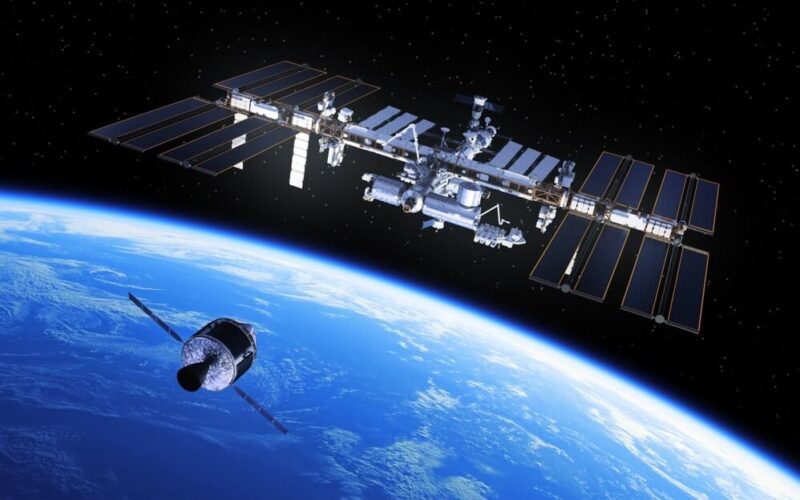United States President Joe Biden has signed the Creating Helpful Incentives to Produce Semiconductors (CHIPS) and Science Act, giving the green light for the extension of US participation in the International Space Station (ISS) program until 2030.
The CHIPS and Science Act, which intends to boost production of US-made semiconductors, also includes NASA’s Authorization Act. The act authorizes NASA’s Artemis program as well as US participation in the ISS program for six more years.
“We are thrilled that this bipartisan legislation includes the 2022 NASA Authorization Act. The new law shows that Congress and the White House recognize the importance of space to our nation’s competitiveness and resoundingly back NASA’s goals for space exploration,” Frank Slazer, president and CEO of The Coalition for Deep Space Exploration, said in a statement.
But to enable the use of the ISS throughout the rest of this decade, NASA needs support from Russia, Japan, Canada, and Europe’s space agencies.
However, after the invasion of Ukraine, the head of Russia’s space agency said the country will end cooperation on the ISS after 2024 and build its own space station. It is worth noting that Russia has long been intending to divest from the ISS after 2024.
Roscosmos, Russia’s equivalent to NASA, still owns around a quarter of the ISS, known as the Russian segment. It is responsible for navigation and control of the entire spacecraft, and, without it, the station would not be able to function.
The ISS is a multinational science laboratory in space that has been orbiting since 1988 and has been funded to operate until 2024. During its 23 years of operation, the station has conducted more than 3,000 experiments from over 4,200 researchers from across the globe.
China, which was denied access to the ISS program, is currently building its own space station, called Tiangong. It is expected that the China Space Station will be fully operational by the end of 2022.

